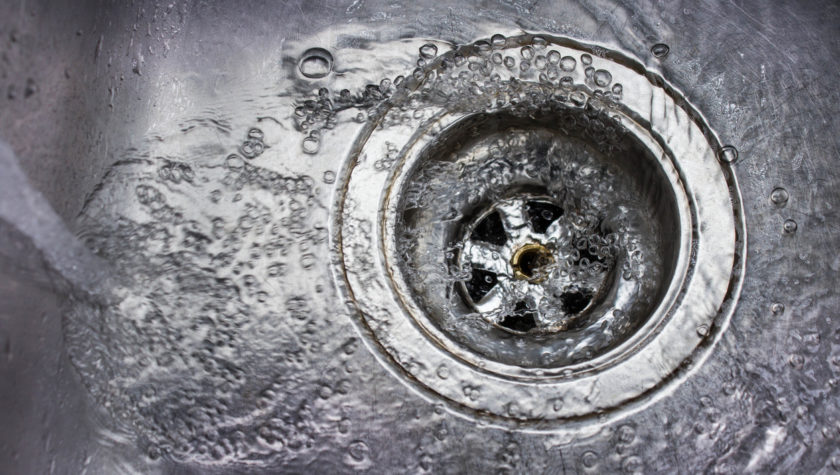England’s homes and businesses could face having their water supplies cut off in times of severe drought, if the water industry does not improve infrastructure and water efficiency.
This is the stark finding of a report – Preparing for a drier future: England’s water infrastructure needs – published today by the National Infrastructure Commission – the body set up to make recommendations to Government about the country’s long term infrastructure needs.
England’s water network is already under strain. A fifth of the country’s supply is lost each day to water leakages – almost 3,000 million litres – and over the past two decades the amount families consume each day has reduced by less than 10 litres per person, per day.
Commission chairman Sir John Armitt said a twin-track approach of improving infrastructure and reducing leakage as well as encouraging households and businesses to reduce their demand needs to happen to ensure the network is fit to meet future pressures from climate change and an increasing population.
To ensure England has a water supply network that can withstand ever-greater pressures, today’s report makes clear the need for a new national water network to transfer water from areas of surplus to those that need it. In addition, there is also the need to develop further infrastructure such as new reservoirs or desalination plants. While leakage can never be fully eliminated, the report calls on Ministers to set the industry a clear target to halve the amount of water lost through leaks by 2050.
And to help make the UK’s network better able to meet future pressures, water companies should have the option to apply for compulsory metering, so homes and businesses in their area can better monitor how much they consume.
Chairman of the National Infrastructure Commission Sir John Armitt said:
“We take for granted that we will always have a reliable water supply, but despite our reputation for rain, the country risks water shortages. Climate change, an increasing population – particularly in the drier south and east of England – and the need to protect the environment bring further challenges.
We want the Government to deliver a ‘twin-track approach; to ensure plans are in place to create additional infrastructure, including a national water network and a significant reduction in demand. At present, 20% of all mains water is lost to leaks, so we recommend that Defra should set an objective for the water industry to halve leakage by 2050. We also recommend allowing companies, beyond water stressed regions to be able to apply for compulsory metering alongside other water efficiency measures.
If we are to avoid our taps running dry, in times of extreme drought, we need the Government to act on our recommendations without delay.”
‘Preparing for a drier future’ is a key part of the Commission’s National Infrastructure Assessment which will be published in July; the Assessment is pivotal to the planning of the UK’s future infrastructure needs. Like this report, the Assessment will make evidence based recommendations to Government to ensure transport, water, energy, flood risk, digital communications and waste infrastructure are fit for purpose and improve quality of life.
The Commission is publishing this report today to allow water companies and the regulators to consider the recommendations as part of their current planning for future water resources.
Today’s report highlights the 1 in 4 chance, over the next 30 years, that large numbers of households will have water supplies cut off for an extended period because of severe drought.
It shows that efforts to reduce leakage in mains water pipes have almost stopped in the past ten years and whilst investment since privatisation has delivered some improvements to existing water supply assets, very little new infrastructure (such as reservoirs or water networks) have been built.
Despite efforts to encourage us to reduce the amount of water we use, our behaviour is slow to change; consumption per person has reduced from 150 litres per day in 2000 to 141 litres per day today, putting us way behind countries such as Denmark and Belgium where daily consumption averages 115 litres per person per day.




